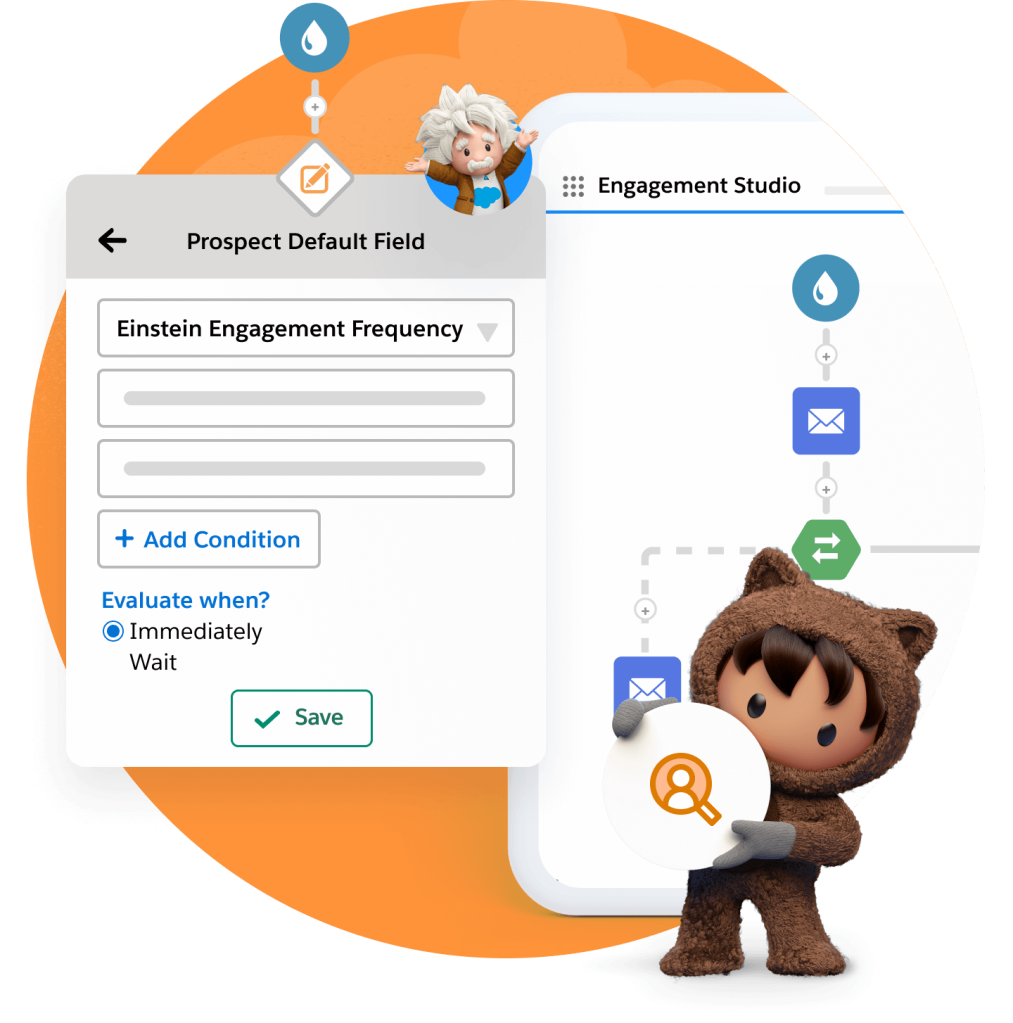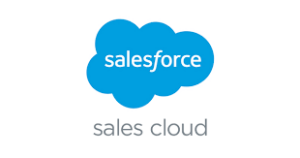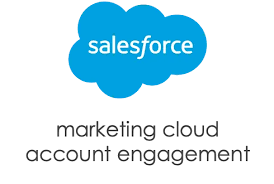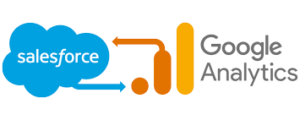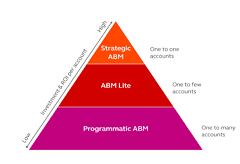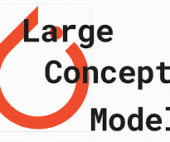With Salesforce’s rebranding of Pardot to Marketing Cloud Account Engagement, there has been some confusion between Salesforce account engagement as a platform and account engagement as a score. We aim to provide clarification.
The Account Engagement Overview dashboard offers a holistic view of marketing metrics from an account-centric perspective, organizing data by account rather than leads, channels, or products. By default, the dashboard displays information for the top engaged accounts over the last two weeks.
What is account engagement?
Account engagement refers to how effectively you engage with a specific account as a whole, aiming to build a relationship and secure or retain them as a client.
In the realm of social media management, the term “account engagement” is often used to gauge audience interaction via likes, shares, comments, reactions, etc. For example, “Our Facebook account engagement has increased by 10% in the last quarter.” This represents just one aspect of the term.
In B2B marketing, an “account” typically denotes a business or organization currently engaged or of interest. Within an account, there may be multiple contacts, such as Marketing Managers and Business Development Managers.
Engagement Index
The engagement index serves as a metric to monitor engagement levels among application users and website visitors. It incorporates factors like visit information, user actions, key performance indicators (KPIs), and segment data within a specified business cycle.
Establishing an Engagement Index
This metric is designed to measure the extent of involvement from both site visitors and application users. It considers factors such as visit information, user actions, KPIs, and membership in specific segments, all tracked throughout a defined business cycle.
Utilizing the Engagement Index
Once configured and synchronized, you can access and review user and account engagement scores in the Personalization interface.
Engagement Score Usage
After setting up and syncing your engagement score, you can view user and account engagement scores in Personalization.
Engagement Score Components
Your engagement score comprises key components:
- Visits: Scores visitors based on visit statistics, including duration and depth.
- Actions: Evaluates the actions customers take with your application or site.
- KPI: Sum totals of important actions, configured as user attribute integers.
- Segments: Considers visitor membership in behavior-based segments.
Basis for the Engagement Score
The engagement score is based on previous visits and decays over time. If a visitor hasn’t visited your site for an entire business cycle, the score decreases. If no visit occurs for two business cycles, the score drops to zero.
Account Engagement Score
This score reflects the engagement level of an account based on email open rates, clickthroughs, and form submissions. Weighting factors amplify the importance of critical engagement interactions.
Using Account Engagement with Salesforce
Integrate Account Engagement with Salesforce to streamline sales and marketing efforts. Features like Engagement History, Sales Emails and Alerts, and the Salesforce connector bring data, assets, and actions together.
Connecting Account Engagement and Salesforce
Set up the Salesforce connector to share data across systems.
Track Prospect Engagement in Salesforce
Utilize Engagement History to track valuable engagement data within Salesforce.
Account Engagement in Lightning Experience
Operate sales and marketing side by side on a single platform with the Account Engagement Lightning app.
Sales Emails and Alerts
Enable marketing to share content with sales reps using Sales Emails and Alerts.
Generate Leads with Account Engagement Landing Pages and Forms
Leverage Account Engagement to create tailored landing pages and forms for lead generation.
What Does “Account Engagement” Actually Mean?
The recent renaming of Pardot to Marketing Cloud Account Engagement has sparked discussions about potential confusion between the term “account engagement” as a marketing phrase and its representation in the Salesforce platform.
What is Account-Based Marketing (ABM)?
Account-Based Marketing (ABM) is akin to account engagement but on a more intense level. ABM focuses on specific high-value target accounts, emphasizing a growth strategy that nurtures relationships with ideal decision makers over an extended period.
Salesforce’s Reasoning
Salesforce’s decision to rename Pardot to Marketing Cloud Account Engagement was driven by the tool’s primary use for winning business accounts, particularly in longer sales cycles and nurture activities associated with B2B transactions.
The platform renaming aligns with the tool’s capability to support high-value, sales team-led products or services, making it a powerful solution for account-based engagement in the evolving landscape of B2B transactions.
So the Account Engagement score can be generated based on data from essentially every Salesforce Cloud, including Salesforce Marketing Cloud Account Engagement. The Account Engagement score is a measure. The Account Engagement platform is a marketing automation tool.
Authored by Tectonic’s Marketing Consultant, Shannan Hearne.
Content updated March 2024.

